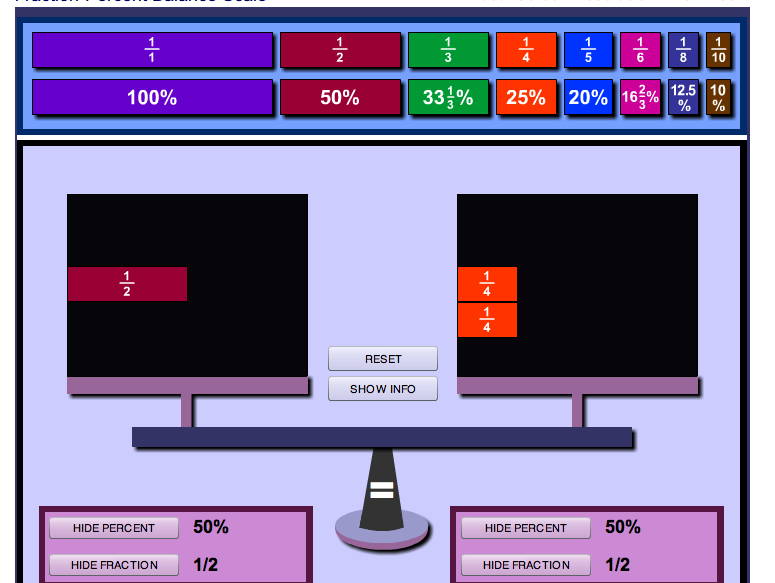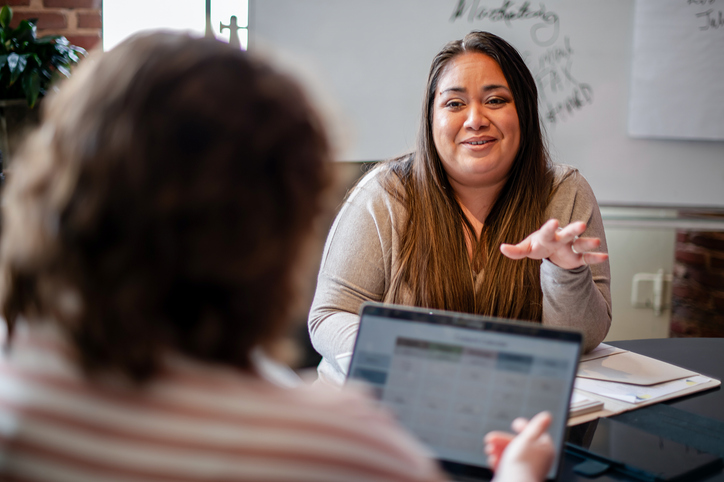Join me @MathPlayground

Sometimes an educator comes along whom you have the privilege of meeting and having a conversation, and she has a huge impact on your thinking. Last Thursday evening at Seedlings,
excuse the shameless promotion, Alice, Bob and Cheryl, interviewed Colleen King, an entrepreneur from MA. She would prefer to be known as a math teacher. Colleen is very humble as a businesswoman and very impassioned as a math teacher! (Here is the audio of our interview.)
As educators we are always looking for ways to instill a love of learning to our students. In my opinion, textbook companies, state education organizations, national and international standards provides us with the scope and sequence which sets the road map. Then assessments are supposed to provide the checks and balances which indicate how we as teachers, schools, states and nations are performing. We compare ourselves to others and constantly revise and make improvements to what and how we are teaching. We deliver content, we ask students to practice for fluency and achievement improvements and then we move on. At that point most of us consider our job is done, it is up to the students to hold onto the information and then deliver it at the appropriate time. This is where Colleen King differs in her beliefs and delivery.
We have long known that play is the important work of childhood. I would also recommend that is important to adulthood too, but that is another story.You can gain more information by researching the old guys, Piaget and Vygotsky, and the new guys, Mitch Resnick and Daniel Pink. Here is an interview by Alan November with Daniel Pink. We know that when children and students play with concepts they internalize their learning and are better able to demonstrate their knowledge across many platforms, problems and solutions. We know students need to reflect and create in order to own their learning. We usually say we don't have time for this allotment of practice and play. However, Colleen found a way. She asked students about gaming, she asked students about motivation and engagement. While it is very important to read, listen and understand how play should be incrementally woven into our classrooms and our thinking, Colleen King demonstrates this applied thinking to math in unusual and engaging ways for our students. Colleen tutored students and observed, she listened to students and then she went on a crash course and learned programming to bring this to life.
Please check out her website MathPlaygound.com to get started. I started with the Fraction Balance, and moved to the suggested Fraction-Decimal and finally the Fraction-Percent. When we think about students internalizing fractions, fractions and decimals and finally fractions and percents, we plan good instruction and then give many practice examples and hope that the students understand enough that they will be able to solve problems they eventually encounter in real life and on assessments. Colleen has done an excellent job of bridging the math instruction to math play with gaming, which our students live for. By making games for instructional practice and play, Colleen has provided a way for students to engage in the important work of playing with math tools and rules. As stated on the website, MathPlayground.com "is for elementary and middle school students". However, I contend that many teachers and adults would enjoy the challenges and reminders about how to systematically solve problems and play at math.
As soon as Colleen made this available to students she began seeing how students were using the new tools. Then students modeled her presentation videos and they began filming their problem solving strategies. This is what we want, our students to model, and create. These students are extending their learning and following in Colleen's footsteps of living life as a life-long problem solver and learner.You will see from the videos the students made about solving math problems that they have internalized the process enough to begin creating and teaching, just what we want.
I am glad to be sharing this site with you. I shared MathPlayground.com today on my Facebook account and within an hour I received a comment from Katie: " I had no idea about thinking blocks! Now my plans are set for tomorrow! :) Have a good holiday!" Please share MathPlayground.com with your students, their parents, and your friends. Spread the word that it is Math Playtime!
This is part one of a two part series between Cheryl Oakes , Tuesday and Bob Sprankle, Thursday. Give us some feedback and let us know what you think about MathPlayground.com and more!
Tools and ideas to transform education. Sign up below.
